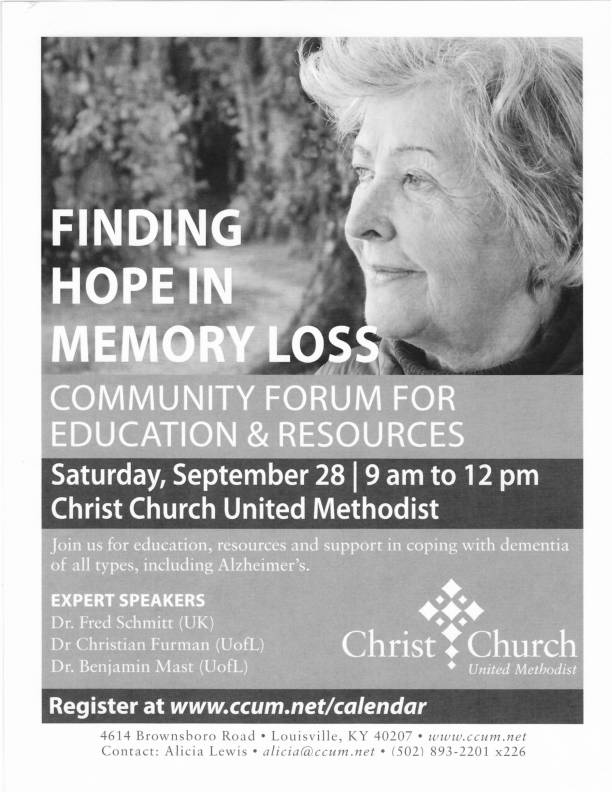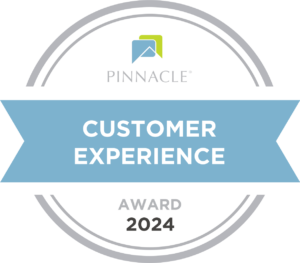2020 Health Care Heroes: Gretchen Houchin
Source: Louisville Business First
February 18, 2020
 Gretchen Houchin, director of community development, Nazareth Home Inc.
Gretchen Houchin, director of community development, Nazareth Home Inc.
Years in current job: 14
Years in health care: 16
Describe your job and your responsibilities.
I act as a liaison in the community for Nazareth Home and Nazareth Home Clifton by working with our clinical liaisons and admissions directors. I coordinate the admissions process for patients and elders to our two communities. I walk the journey with the elders and their families, to ensure a smooth transition to our community and provide assistance throughout their stay. The planning of marketing and business events, to increase facilities awareness and services, is the entertaining part of my job. In addition to my daily responsibilities, I am also an active member on several community committees. I also manage the organizational communication with our public relations firm. I enjoy being part of our leadership team, where we analyze our overall operations to find areas of improvement. I supervise our clinical liaison, admission, and social service teams.
To you, what makes someone a health care hero?
Empathy and compassion in health care play vital roles in being a health care hero. The ability to connect and understand each family’s unique situation is very important. Showing compassion and empathy builds trust, which provides an overall positive outcome.
Tell us some highlights from your career in health care.
I am honored to be a part of our elder’s end of life experience. It is truly a calling of mine to provide as much help and support not only to the elder, but to their family. I do this through education, compassion, support, and just being present. Being present goes a long way.
What’s the most rewarding part of your job? The most challenging?
One of most rewarding parts of my job has been leading an Alzheimer’s Support Group. My co-leader is Stephen Bliss, M.D. We have led this group for 14 years. I love being able to help and provide education to the individual affected by dementia, as well as their family. The most challenging part of my job is keeping up with the ever-changing regulations and reimbursement standards. It can definitely be overwhelming at times.
What advancement in health care are you most looking forward to?
I am intrigued by all the new technology and innovative ways to keep elders as independent as possible. Louisville is home to The Thrive Center, which features innovative technology that is specifically designed to enhance the quality of life for those aged 50 and over. There are so many awesome ways technology can be used in all aspects of care. I highly recommend taking a tour of The Thrive Center.
Tell us about a gratifying experience with a patient/client.
I have met so many amazing people and worked with so many loving families over the years. One particular family comes to mind. I grew very close to a husband and his wife. I assessed her at her home before she moved in. She and her husband were so in love. Unfortunately, she had advanced Alzheimer’s disease. He was heartbroken he could no longer care for her at home. When she moved in with us, the staff went out of their way to make him feel comfortable in her new home. Even though the husband was still living at home, he often told me that Nazareth Home was now his real home. He said that because in his heart and mind — wherever she was — is truly home. After she passed, the husband thanked me and the staff for giving him peace of mind. He said he knew she was always safe, loved, and happy. He said that was priceless. I will never forget the love and devotion they shared, despite her debilitating disease. I was proud to be a part of their positive experience.
What makes you hopeful about the future of health care in our community?
I am hopeful about in-home care options. I see a future of providing a new approach in delivery care to elders in our community. Many of the baby boomers are caring for their aging parents right now. They will demand a higher quality of care, technological innovations, and in-home care options other than residential. The boomers will trend towards in home services to remain home with all aspects of care provided. This will include a holistic approach, which so important.
How do we change people’s behaviors to adopt healthy lifestyles?
I believe you have to look at each person as an individual. You have to consider their specific barriers they are going up against when trying to live a healthy lifestyle. There are many factors that can cause strain and present challenges for people trying to develop and maintain good health. Healthy choices need to be readily accessible to all people. Taking it one step at a time and providing encouragement along the way can help someone achieve success in this area.
Favorite health care organization(s) making a difference in Louisville.
I have been involved with the Alzheimer’s Association Greater Kentucky & Southern Indiana chapter for many years. According to their website, “The Greater Kentucky and Southern Indiana Chapter of the Alzheimer’s Association provide service and education to 125 counties across greater Kentucky and southern Indiana. Over 5 million Americans are living with the disease, and more than 90,000 of them reside in our service territory. Services provided include education programs for persons with dementia, caregivers, professionals and the general community as well as support groups and a 24/7 Helpline. Further, the chapter advocates at the state and national level of government for research and support services on behalf of the people of Kentucky who suffer from Alzheimer’s disease.” I have personally seen their support and services provided to many affected by the disease and to their families. We are fortunate to have this local chapter in Louisville.
Fill in the blank. Health care is …
…rapidly growing and ever-changing at the same time. Advancing technology will change health care in ways we have not imagined.

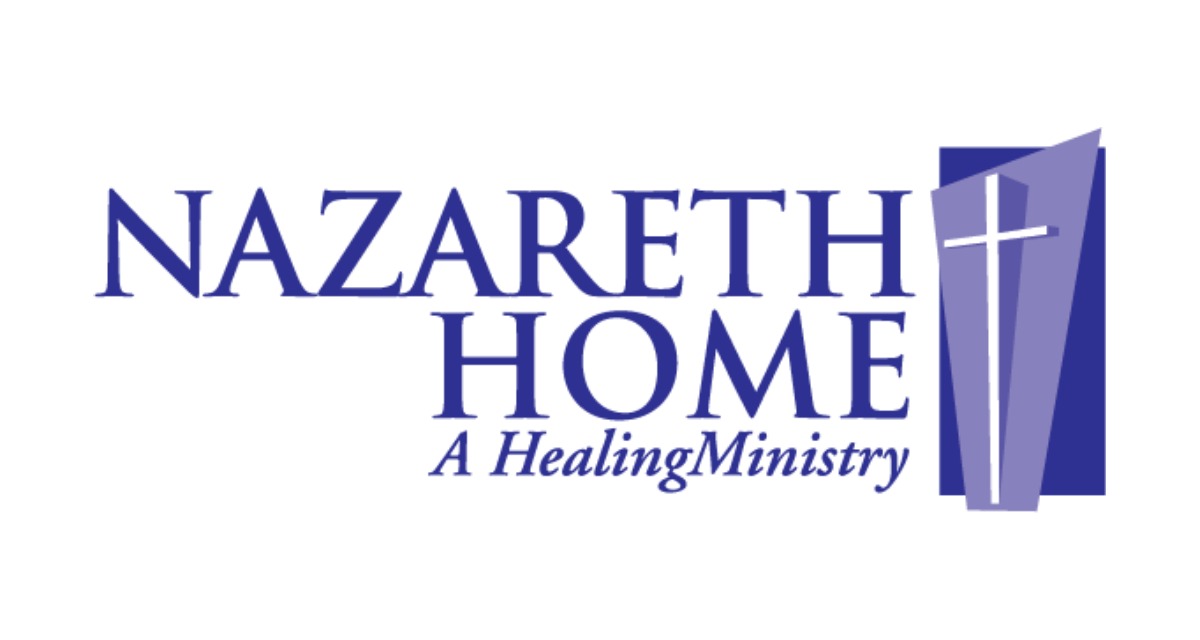

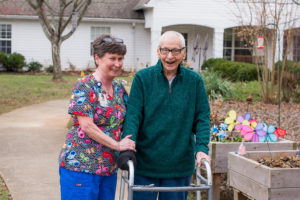 For people older than 65, the leading cause of injury is falling. While medication side-effects and health conditions can contribute to falls, normal changes of aging are also a factor.
For people older than 65, the leading cause of injury is falling. While medication side-effects and health conditions can contribute to falls, normal changes of aging are also a factor.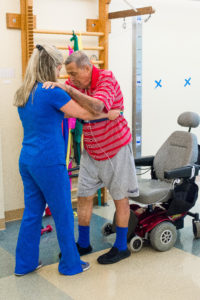 Falls also can be attributed to environmental hazards. Things such as uneven surfaces, poor lighting and loose rugs can impair our balance. It’s important to be aware of your surroundings and remove any hazards you may see in your home. And it never hurts to be extra careful and take your time as you move around.
Falls also can be attributed to environmental hazards. Things such as uneven surfaces, poor lighting and loose rugs can impair our balance. It’s important to be aware of your surroundings and remove any hazards you may see in your home. And it never hurts to be extra careful and take your time as you move around.

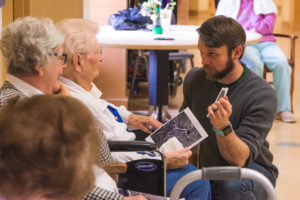 Your support for the Nazareth Homes Foundation is essential to everything we do.
Your support for the Nazareth Homes Foundation is essential to everything we do.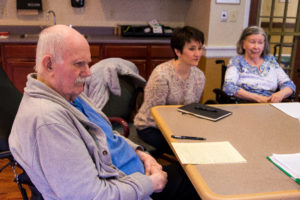 As 2019 comes to a close and you consider your year-end gifts, think about Nazareth Homes Foundation and the impact you can have on the lives of elders.
As 2019 comes to a close and you consider your year-end gifts, think about Nazareth Homes Foundation and the impact you can have on the lives of elders.
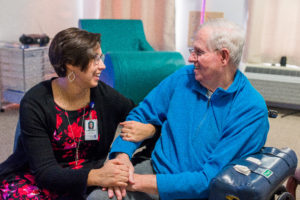 Christmas is a season of giving, a time to give back to those you love and the causes you support. This year, consider a gift to Nazareth Homes Foundation.
Christmas is a season of giving, a time to give back to those you love and the causes you support. This year, consider a gift to Nazareth Homes Foundation.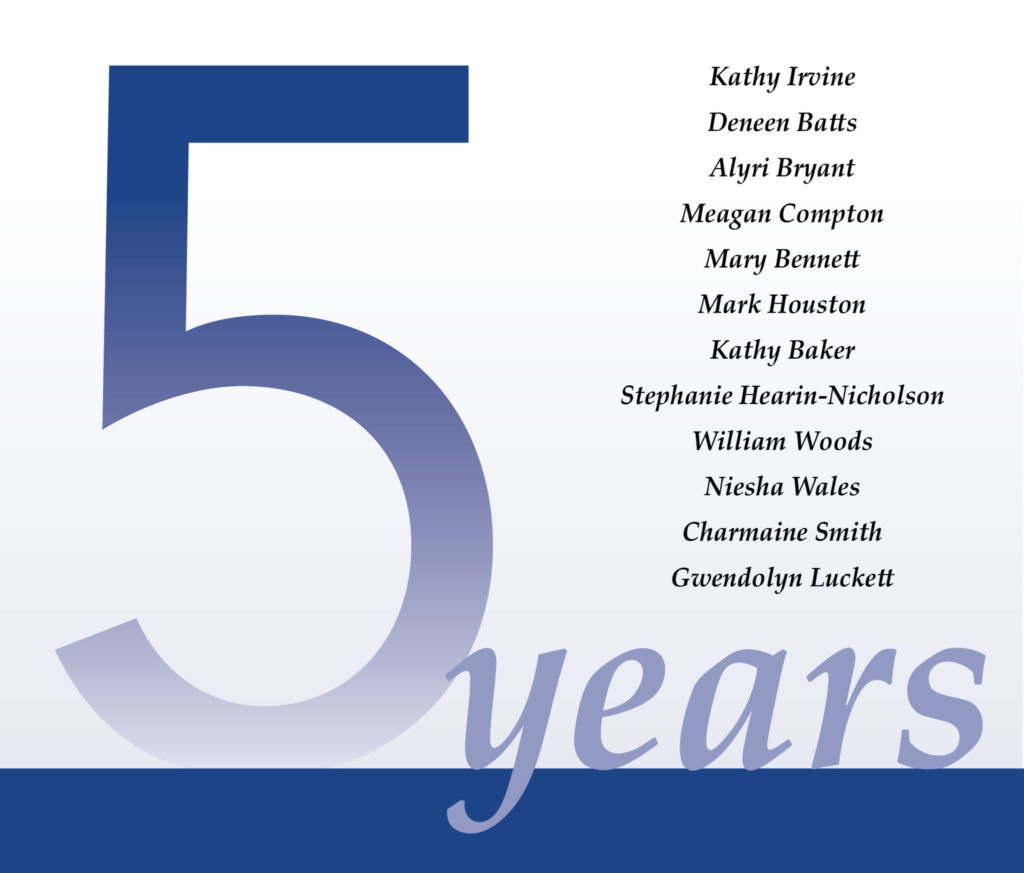
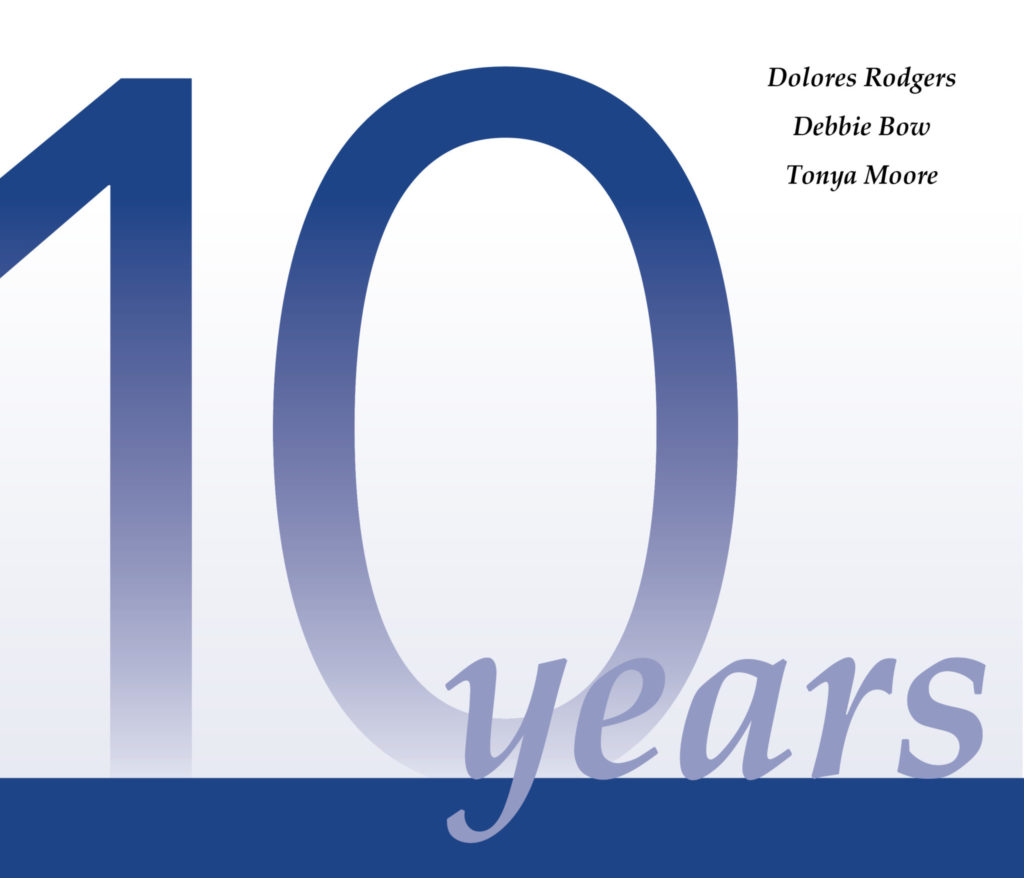
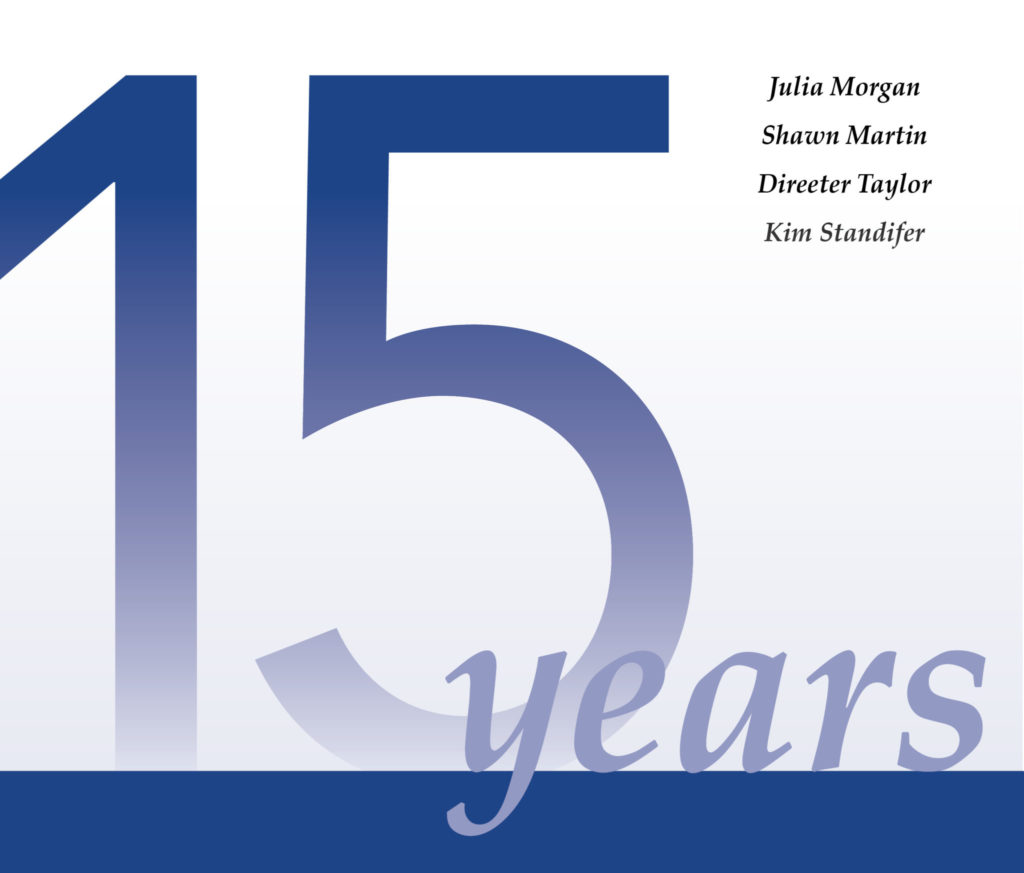
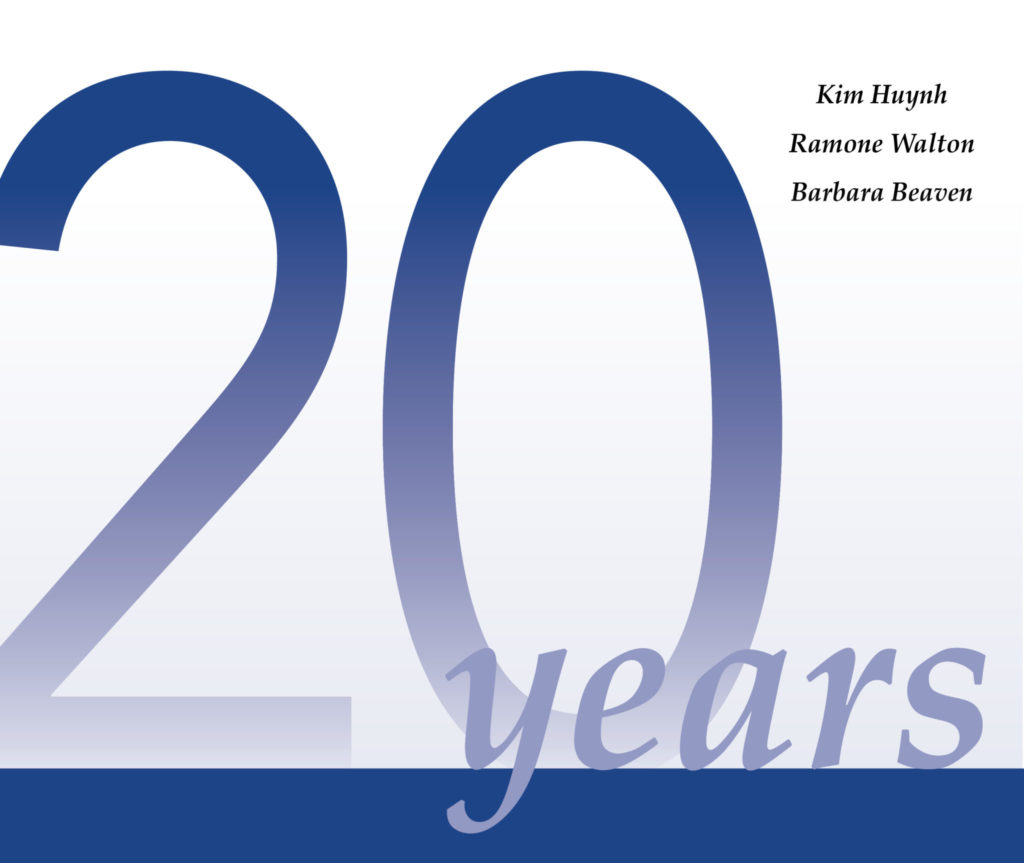

 Nazareth Home Clifton was honored at the Kentucky Association of Health Care Facilities’ Quality Awards Banquet with the Best of Kentucky – Nursing and Rehabilitation award. Director of Nursing Alison Snow was also recognized as a Top 10 Nursing Excellence winner.
Nazareth Home Clifton was honored at the Kentucky Association of Health Care Facilities’ Quality Awards Banquet with the Best of Kentucky – Nursing and Rehabilitation award. Director of Nursing Alison Snow was also recognized as a Top 10 Nursing Excellence winner. More than 800 long-term care providers met during the meeting. General sessions offered panel discussions with the ambulance association and the office of inspector general. Other topics of the day included hiring and retaining quality staff, and breakout sessions on a variety of issues facing long-term care providers. More than 100 vendors exhibited during the Expo showcasing the latest innovations to providing quality care.
More than 800 long-term care providers met during the meeting. General sessions offered panel discussions with the ambulance association and the office of inspector general. Other topics of the day included hiring and retaining quality staff, and breakout sessions on a variety of issues facing long-term care providers. More than 100 vendors exhibited during the Expo showcasing the latest innovations to providing quality care.
